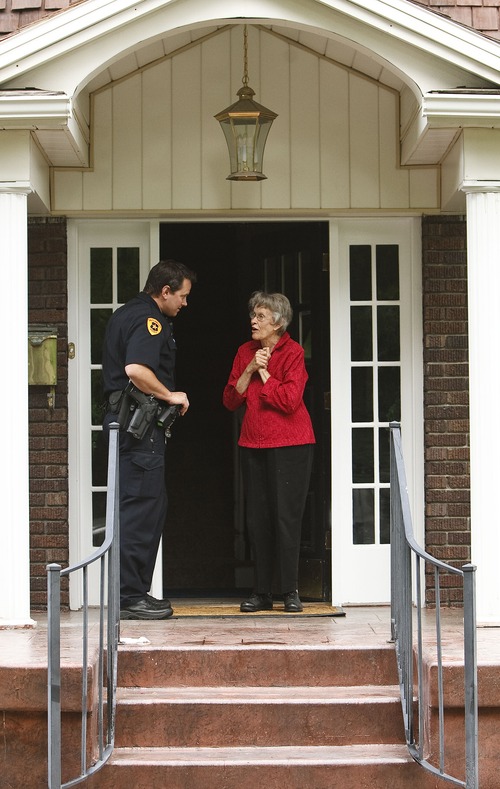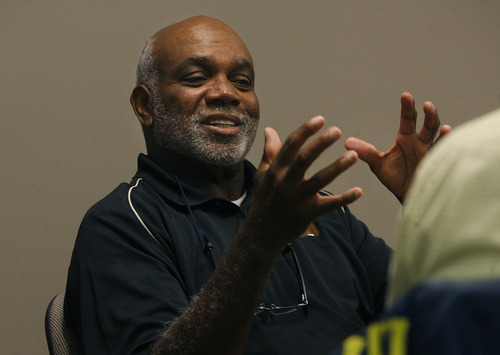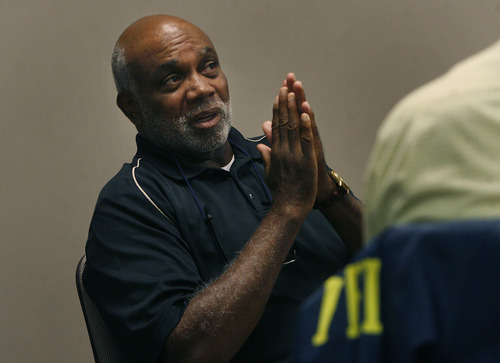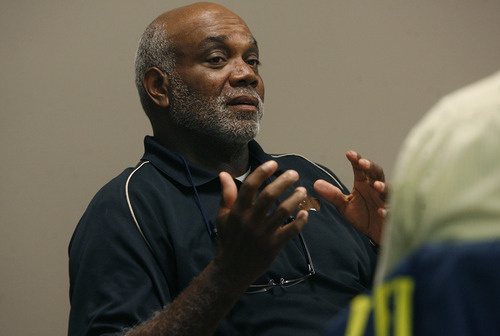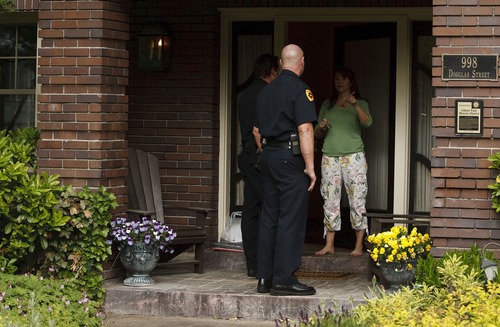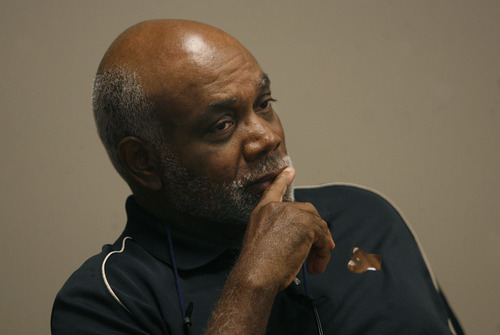This is an archived article that was published on sltrib.com in 2013, and information in the article may be outdated. It is provided only for personal research purposes and may not be reprinted.
Statistically speaking, you probably think Salt Lake City police are doing a good job.
Serious complaints against city police officers have declined to their lowest number since the Salt Lake City Civilian Review Board was reconstituted in 2008. The board considers citizen complaints against police officers.
In the quarter that ended June 30, the review board gave special examinations to just four cases. Previous quarters had as few as seven and as many as 19.
Also, the police department's own internal investigators investigated just 27 cases in the quarter that ended June 30, compared to 41 for the same quarter in 2012.
The improvement comes as two of the other largest police forces in the state — West Valley City police and the Utah Highway Patrol — are facing questions about officer misconduct and responsiveness to citizen concerns.
Review board member Ron Bartee gives credit to Salt Lake City Police Department administrators who have paid attention to problematic trends spotted by the review board. Bartee, who also is a former chairman of the Nebraska parole board and the U.S. Parole Commission, points to a 2011 episode where a vice detective shot and wounded a suspect in a McDonald's parking lot.
"There were a lot of people around when the shooting started," Bartee said. "That's not good."
The shooting led to questions about the vice squad. The review board found Salt Lake City vice detectives were conducting unlawful searches and touching suspected prostitutes during undercover stings.
"Most of the search foul-ups I saw were just human error," said Rick Rasmussen, the full-time investigator for the review board.
The findings led to Police Chief Chris Burbank disbanding the vice squad, ordering new training and assigning vice crimes to a broader organized-crime unit.
Burbank on Wednesday gave credit to Salt Lake City residents and noted the decline in complaints is coming as the city, like most of the country, is in a period of declining crime.
"The public deserves some credit for their interaction," Burbank said, "and the officers deserve some credit."
Michael Tuttle, president of the Salt Lake Police Association, the officers' union, said supervisors are identifying problems sooner. Officers also assume everything they are doing is being recorded, either by gear the officers are carrying or by citizens with their own cameras.
"We're being held to a higher standard than we've ever been held to since the invention of police work," Tuttle said.
Mistakes still happen in Salt Lake City. On Oct. 3, narcotics detectives raided the wrong house near 200 East and Hubbard Avenue (935 South) and pointed a gun at the 76-year-old woman inside. The review board found a detective conducted surveillance on the wrong house and misled the judge who issued the search warrant. The board also questioned a quota system pressuring narcotics detectives to serve search warrants and make arrests. The board called it a "very poor policy."
Civil rights attorney Stewart Gollan said he has poor clients who panhandle and still complain police officers overstep the law by saying the beggar is blocking the sidewalk and must move. But overall, Gollan said, the Salt Lake City Police Department does a better job than most others of respecting civil liberties.
"I take it as a good sign," Gollan said of the decline in complaints. "I certainly would consider the possibility that people really don't feel like there isn't any point in" filing a complaint.
Bartee says the complaint process works, and he doesn't detect any citizen apathy. He believes other cities should adopt Salt Lake City's model.
"I won't mention what police departments are having problems now," Bartee said, "but we don't have those problems in Salt Lake City."
Twitter: @natecarlisle


